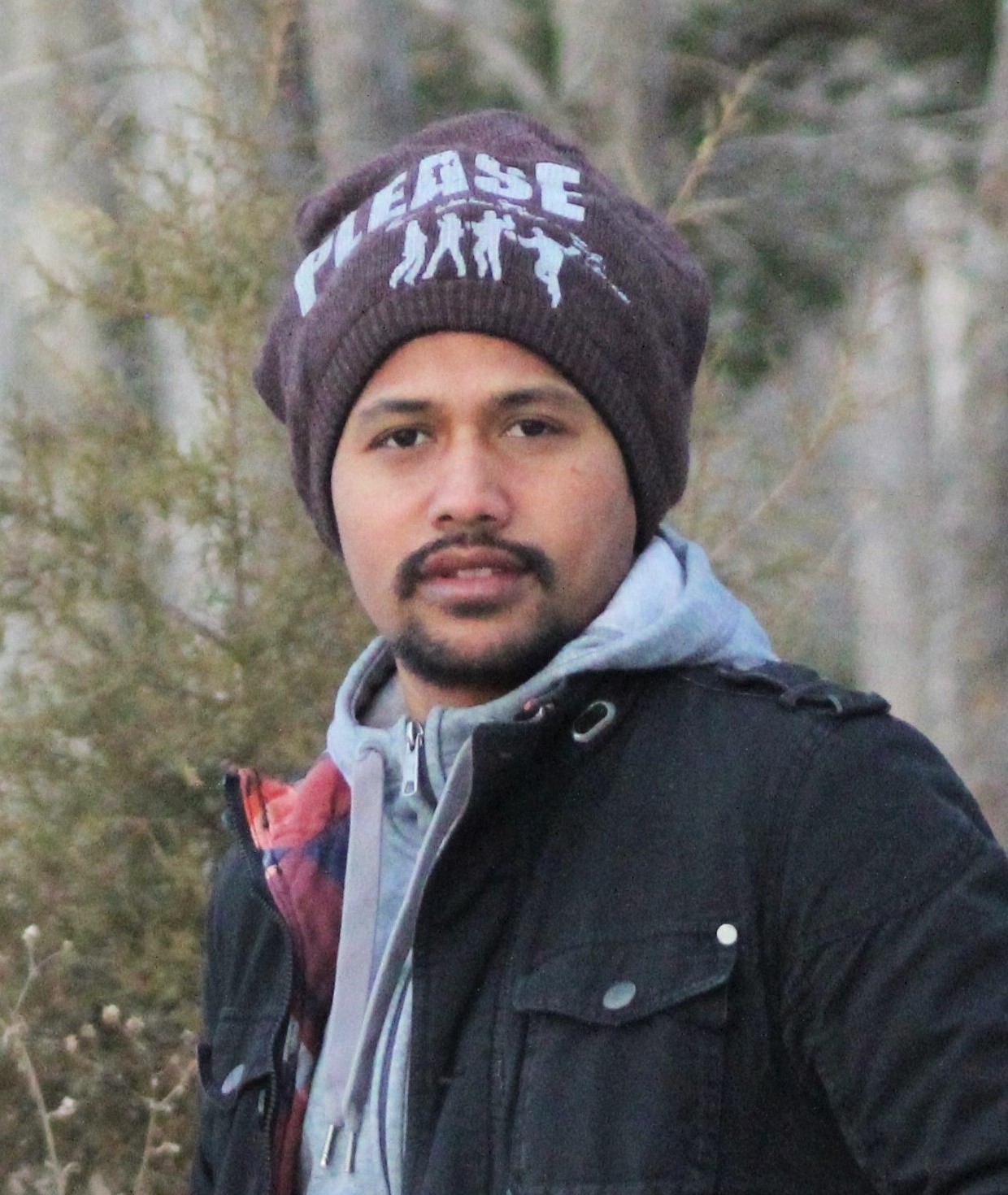Current: Christopher Williams | Natalia Hasler | Surendra Shrestha
Former: Listed Below
|
B.A., Biology/Environmental Studies, Bucknell University (1996) Dr. Williams is a professor of earth system science within Clark’s School of Geography and recently stepped down as director of the environmental sciences program at Clark. His expertise is in terrestrial ecosystems, global environmental change, and climate change. He and his team engage in foundational research science on the climate impacts of forests. By combining state-of-the-art satellite remote sensing with big data geo-computation, the lab is quantifying the carbon emissions avoided by protecting forests, the removals of carbon with forest growth, and also the important climate impacts of changing surface reflectivity (albedo) that happens with changes in tree cover. Their work is informing decision makers about where we get the greatest climate benefit from retaining and expanding tree cover, worldwide. The team is delivering action-ready datasets to land managers and policymakers working around the world, including The Nature Conservancy, the Open Space Institute, The Trust for Public Lands, and states participating in the U.S. Climate Alliance. At Clark, in addition to teaching and mentoring students at all levels, he has served as vice chair of the faculty, chair of the graduate board, co-chair of the provost search, among other roles. Externally, he has served as co-chair of the science leadership group of the North American Carbon Program, science co-investigator of the Harvard Forest National Science Foundation Long Term Ecological Research program, science team member of NASA’s Carbon Monitoring System, and most recently is serving on the science advisory board of the European Commissions Integrated Carbon Observation System (ICOS). More about Chris here |
|
|
B. Eng, M.S., Environmental Engineering, École Polytechnique Fédérale de Lausanne (1995) Dr. Hasler leads the group’s geospatial modeling and analysis work. She is mapping and monitoring forest carbon stocks and deforestation, and assessing associated changes in albedo and combining these factors to assess the net impact on the global climate system. Her dissertation work centered on land-atmosphere interactions, with detailed focus on a) precipitation response to land cover changes such as deforestation and conversion to agriculture, and b) determining controls on terrestrial water and carbon dioxide exchanges with the atmosphere. She employs a variety of methods including synthesis of flux-tower observations, regional climate simulation (RAMS), and general circulation modeling. |
|
|
B.S. Forestry, Institute of Forestry, Tribhuvan University, Nepal (2009) Surendra Shrestha is interested in impacts of land use and climate change on hydrology, land-atmosphere interactions. His Master’s research examined hydrological impacts of land use and land cover changes in Georgia, as well as land use changes related to increasing demand for wood pellets in the US South. During Bachelor studies in Nepal, Surendra performed thesis research assessing the status of forest condition and plant diversity in a a community forest of Puranchaur VDC of the Kaski District. |
|
|
Post-doctoral Research Scientists PhD Students (as Chair) MS Students BA Students |



